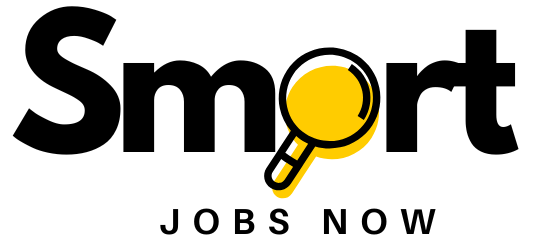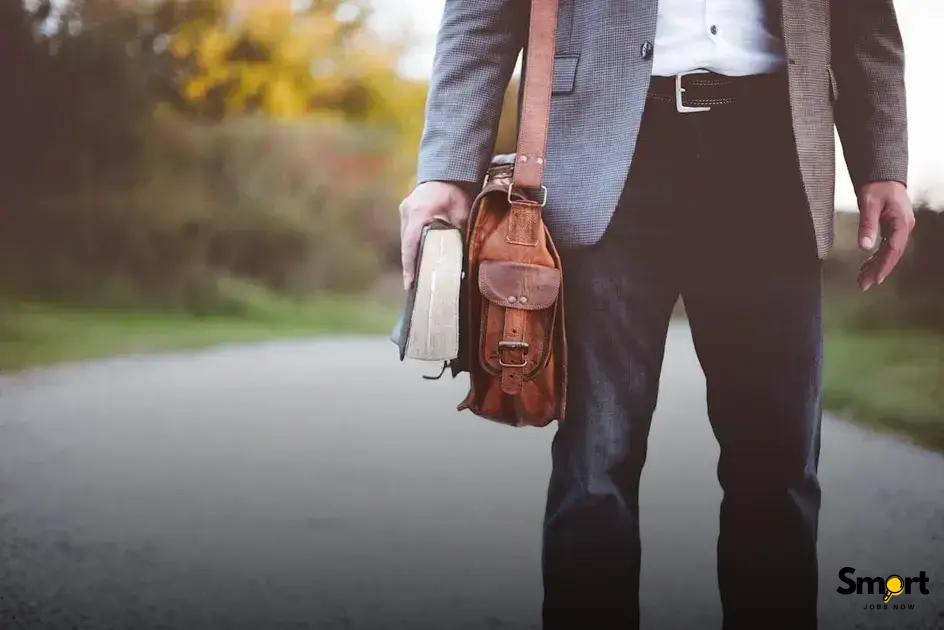Whether it’s virtual or in-person, the way you dress for a job interview can significantly impact your success. Understanding the appropriate attire for interviews will boost your confidence and leave a lasting impression. Explore our expert tips on what to wear, whether you’re staring at a screen or meeting in an office.
Dress Code Essentials for Interviews
Choosing the right attire for a job interview is crucial. Your outfit communicates professionalism and respect for the company’s culture. Opt for business attire that aligns with the industry you are interviewing for; traditional sectors like banking may require more formal looks, while tech companies might be more relaxed. Key essentials include a well-fitted suit, a crisp shirt, and conservative shoes.
Accessorize
minimally with a neat watch or simple jewelry. Visible tattoos or bold accessories should be kept discreet unless you know the company culture permits it.
Choosing Colors for Success
Selecting the right colors for a job interview can significantly impact your success. Colors communicate a message even before you say a word. Choosing hues that match the role and the company culture can give you an edge.
Blue is a popular choice for interviews. It evokes trust and calmness, making it perfect for client-facing roles or positions requiring teamwork and collaboration.
Consider black if you’re aiming for a more formal position. It’s professional, commanding authority without being overpowering when used sparingly.
Choosing shades of grey can be ideal too. Grey is neutral and balanced, which shows your ability to remain calm and impartial.
For those in creative fields, subtle touches of red can indicate passion and energy. Be cautious with the amount you use, as it can also come off as aggressive.
Remember, whichever color you choose, ensure it complements your overall look and aligns with the company ethos. Experiment with combinations but maintain professionalism at the core of your outfit.
Virtual Interview Outfit Tips
Preparing for a virtual interview involves more than just knowing your resume; your outfit choice plays a significant role too. Selecting attire that aligns with the company’s culture yet projects professionalism is crucial.
Focus on the Upper Half: In a virtual setting, your upper half is most visible. Opt for an ironed shirt or blouse to maintain a polished look. Patterns can work, but avoid busy designs that might distract from your words.
Colors That Pop: Consider solid colors like blue or white. They not only convey confidence but also ensure you stand out against your background. Avoid colors that blend in or overpower your appearance.
Accessories: Keep accessories minimalistic. A simple necklace or pair of earrings can add a touch of elegance without being intrusive. Avoid jangly jewelry that could distract during your conversation.
Background Compatibility: Your outfit should also complement your background. Make sure colors don’t clash with the wall behind you. A plain background often works best, allowing your attire to shine.
Comfort Meets Professionalism: While you might not need professional shoes, ensure your bottom half does not contradict the professionalism of your upper attire. Opt for work-appropriate pants or skirts, should you need to stand.
In-Person Interview Fashion
When selecting an outfit for an in-person interview, it’s essential to consider the company culture and the specific job you’re applying for. Tailored suits are usually a safe choice, offering a clean and professional look. For men, a classic dark suit paired with a muted tie and polished shoes will leave a strong impression. Women can opt for a well-fitted pant suit or a knee-length skirt with a blouse, ensuring that the colors are complementary.
Footwear should be conservative and comfortable. Avoid flashy designs or extremely high heels. Choose shoes that match your outfit in terms of color and formality. Cleanliness is critical, so ensure they’re polished.
Accessories like jewelry should be minimal and not distracting. Think simple earrings or a watch. For bags, select a professional-looking briefcase or handbag, avoiding overly casual styles.
When it comes to grooming, neatness is key. Hair should be clean and styled in a way that keeps it away from your face. If you wear makeup, keep it natural. Perfume or cologne should be subtle, as strong scents may not be well-received by everyone.
Consider the season and the weather as well. Opt for breathable fabrics in warmer climates and layers if it’s likely to be cold, ensuring comfort throughout the interview process. Every detail in your appearance contributes to the overall impression, so strive for a look that is polished and professional while still being comfortable and authentic to you.
Common Mistakes to Avoid
- Avoid wearing overly casual outfits. Your attire should reflect a professional demeanor. Opt for business casual at a minimum, unless advised otherwise.
- Steer clear of bright or distracting colors/patterns. They can be off-putting and take attention away from your qualifications. Stick to neutral or muted tones for a safer bet.
- Ensure that your clothing is free from wrinkles. Iron or steam your clothing beforehand to convey a neat and polished appearance.
- Do not wear excessive accessories or perfume. Keep jewelry minimal and fragrance subtle, as strong scents can be distracting or bothersome.
- Avoid inappropriate footwear. Select closed-toe and well-maintained shoes that match the formality of your outfit.
- Be mindful of your personal grooming. Make sure your hair is tidy and any facial hair is well-trimmed.
- Do not ignore company culture. Research the company’s dress code and adapt accordingly to show you are a good fit.


